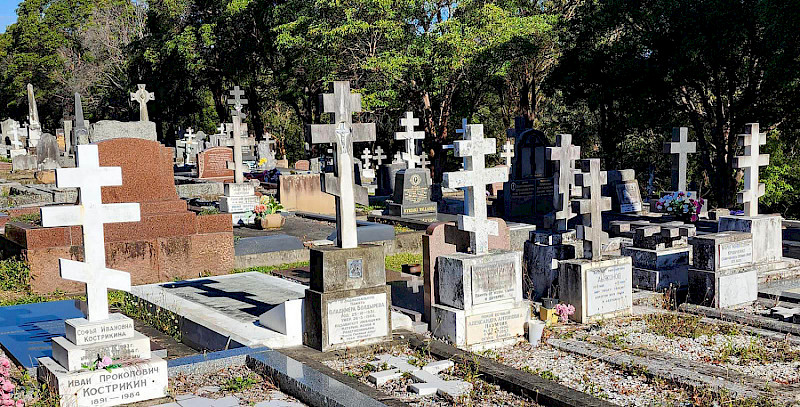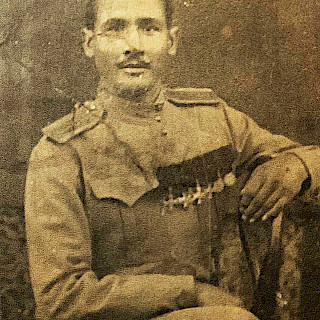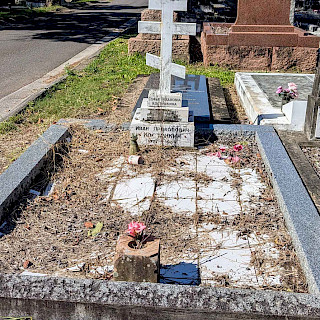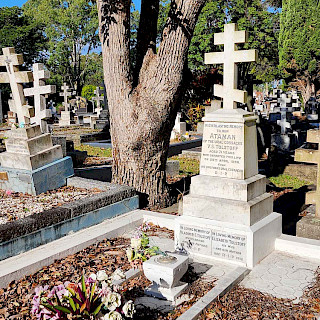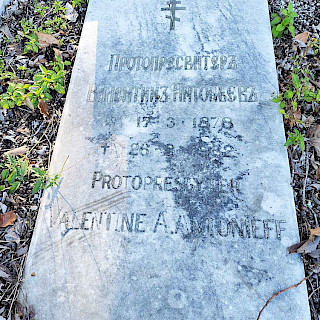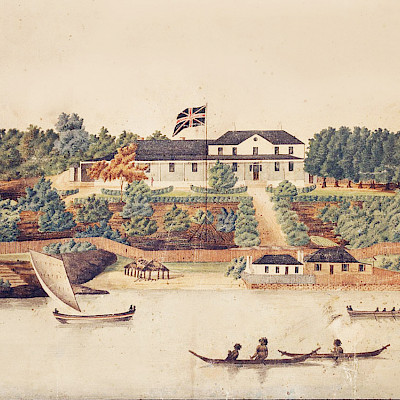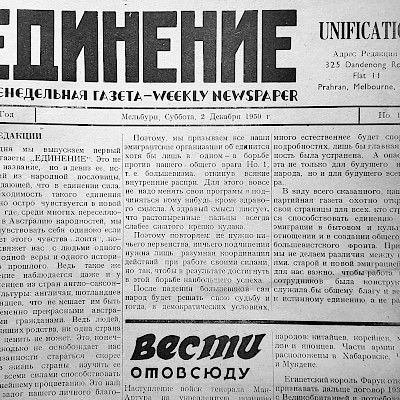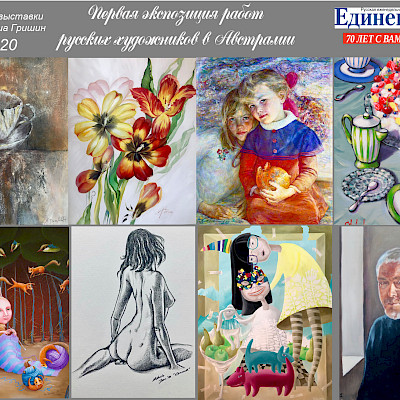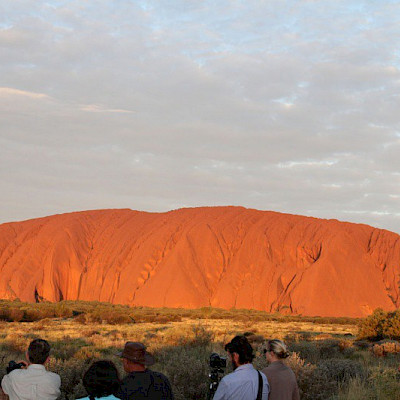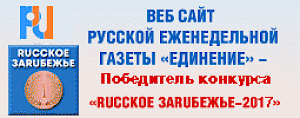Few people, not only among foreigners but even among Russians, know today that the “First World War,” or as it is also called, the “Great War,” was known in Russia as the “Second Patriotic War.” This name was used from 1914 to 1917. After the Bolshevik coup, the new "masters" did everything they could to make people forget this war and the heroes who fought "For God, Tsar, and Motherland."
For example, almost no one knows that by order of the imperial government in 1915, the Fraternal Cemetery of the Heroes of the First World War was established in Petrograd (St. Petersburg). It was located at Porokhovye, on the Vyborg Side (the area of the modern metro station "Ploshchad Muzhestva"). Soldiers, officers, medics, nurses, and victims of bombings who had fallen on the front were buried there. After the October Revolution, the Bolsheviks gradually ceased caring for the necropolis. In the 1930s, a significant part of it was razed, and in 1933, the Park of May 1st (later renamed Park of Courage) was laid out on the site of the former graves. Now, a memorial and a chapel have been erected in this place, but the cemetery as a whole has been lost, as has the memory of it and the heroes buried there. The trauma of the Civil War, and then the bloody Second World War, contributed to this amnesia.
Image placeholder: Wooden church "Utoli moya pechali" ("Soothe My Sorrows"), (at the Fraternal Cemetery, 1915
This image is one of the rare surviving photo-evidence: a small wooden church, built in the traditions of northern Russian architecture, constructed in 1915 according to the design of architect S. Yu. Sidorchuk and consecrated on October 4, 1915, in the presence of the Empress and members of the royal family.
Important pages of Russian history have been forgotten—almost. The graves of witnesses to those bloody days still remain, but not in their homeland, only in foreign lands. The memory of them, although fading, also remains, again, mainly abroad. These monument-graves are scattered all over the world, including Australia. They also exist here in Brisbane. Victoria Smolina, in her book “Unforgotten Soldiers,” listed them, illustrating the list with photographs. It would seem that such books should be in the libraries of every Russian school, but no, not even the teachers know about it.
Russian heroes sleep the eternal sleep in Brisbane’s soil:
After a memorial service for the fallen soldiers at Toowong Cemetery, Brisbane:
"Sleep, heroes, sleep,
Sleep in eternal peace.
In Russian memory forever
You will live."
Cossacks:
• Tolstoff, Vladimir Sergeevich. Ataman of the Ural Cossack Host. Awarded the Order of Saint George, 4th class, the Order of Saint Anna with swords and bow, the Order of Saint Stanislaus, the Order of Saint Vladimir, the Cross of St. Michael, and the French Croix de guerre (Cross of Valor).
• Zemlyanushnov, Pavel Zinovievich. Feldwebel of the 5th Ural Cossack Regiment. Recipient of the Saint George Cross, 4th class.
• Karamysheff, Ivan Ferapontovich. Feldwebel of the 6th Ural Cossack Regiment. Recipient of the Saint George Cross, 2nd, 3rd, and 4th classes.
• Menshenin, Dmitry Ivanovich. Served in the Separate Orenburg Cossack Division. Recipient of the Saint George Cross, 4th class.
• Mokhnacheff, Fedul Timofeevich. Gunner of the mounted machine-gun team of the Ural Cossack Division. Recipient of the Saint George Cross, 4th class.
• Pastukhoff, Ivan Minich. Senior sergeant of the 1st Ural Cossack Regiment. Recipient of the Saint George Cross, 4th class.
• Stukov, Pyotr Innokentievich. Recipient of the Saint George Cross and the Order of Saint Stanislaus (with swords).
And non-Cossacks:
• Protopresbyter Antoniev, Valentin Andreevich. Participant in the Brusilov Offensive. Granted the right to wear the pectoral cross on a Saint George ribbon. The Tsar personally bestowed upon him the Order of Saint Anna, 2nd class.
• Kostrikin, Ivan Prokofievich. Senior non-commissioned officer of the 84th Shirvan Infantry Regiment, which participated in the Brusilov Offensive, including the Kovel battles. A recipient of the full Order of Saint George Cross. Bodyguard to the Tsar's family.
• Noskov, Semyon Ivanovich. Junior clerk of the 3rd Heavy Artillery Brigade. Recipient of the Saint George Cross, 4th class.
• Soimonoff, Alexander Alexandrovich. Colonel. Awarded the Orders of Saint Anna, 2nd and 3rd classes; Saint Stanislaus, 2nd class; and Saint Vladimir, 4th class.
• Tsumanenko, Ivan Efimovich. Major General. Awards include the Order of Saint Vladimir (with swords and bow), Saint Anna (with swords), and Saint Stanislaus (with swords and bow), and the Badge of Distinction of the Order for the “Great Siberian Campaign.”
• Veremeev, Boris Alexandrovich. Staff Captain. Awarded the Orders of Saint Stanislaus, 2nd and 3rd classes, and Saint Anna, 3rd class with swords and bow.
• Domozhirov, Anatoly Grigorievich. Colonel. Awarded the Orders of Saint Anna, 4th, 3rd, and 2nd classes (with swords), and Saint Stanislaus, 3rd and 2nd classes (with swords). In addition to these orders, he also had one of the most honorary awards in the Imperial Russian Army—St. George's Arms.
Please forgive me for any oversight, as I have not listed everyone. And it is impossible to do so in this brief article. Yet, each of them deserved to be remembered and spoken about.
At this stage, I will mention only the orphaned grave of Ivan Prokofievich Kostrikin.
Kostrikin, Ivan Prokofievich. Senior non-commissioned officer of the 84th Shirvan Infantry Regiment. Saint George Cross, 1st class, № 5762. Awarded on November 26, 1916, "In the Name of His Imperial Majesty the Tsar by His Imperial Highness Grand Duke Georgy Mikhailovich for distinction in the battle of September 17, 1916." "Has the Saint George Cross, 3rd class, № 107687." RGVI A. F. 970. Op. 3. D. 1933 (sheet not specified).
According to his former neighbors in Brisbane, Ivan Prokofievich never spoke about his military feats but mentioned that he served in the Tsar’s personal guard. He knew the entire Imperial Family. He would tell stories about the pranks of the heir, Alexei, in the palace. For example, when the servants were setting tables for receptions, he would grab a fork or spoon from the laid out place settings and run away laughing. The servants would chase after him, catch him, take back the stolen item, and return it to the table.
In Australia, where he became an Australian citizen in February 1932, he and his wife were farmers in Thangool, Qld. In 1954, after selling their farm, the Kostrikins retired and moved to Brisbane. In 1944, the Australian press noted that he made a donation for the military needs of the Australian army.
In Brisbane, when active members of the Russian community decided to build a Russian retirement home, he donated a substantial sum in memory of his wife Sofia for the construction of “Pine Lodge”.
It is worth noting that the Shirvan Regiment in which Ivan Prokofievich served has its own valorous history:
"In the Battle of Borodino (Napoleonic Wars), the key to the Russian position—the Kurgan Battery (Raevsky's Redoubt)—was defended by the 24th Infantry Division of the old Caucasian hero, General Likhachev. Severely ill, Likhachev did not want to leave his troops on this great day. Standing before the Shirvan Regiment, he said: ‘Guys, behind us is Moscow! We will die on the battery, but we will not surrender it!’ The Shirvans swore to die but not retreat—and ‘they kept their oath of loyalty’: when they were withdrawn to the reserve, only 92 bayonets remained out of 1,400. Subsequently, in the Caucasus, Lermontov heard ‘about the day of Borodino’ from old Shirvans. The poet's inspiration gave birth to the immortal stanzas. All of Russia knows his ‘Borodino.’ Let those who read these lines know that it sings about the Shirvan Regiment."
"Yes, there were people in our time, A powerful, dashing tribe: Knights—not you. Ill fate befell them: Few returned from the battlefield."
These are not just forgotten graves—they are forgotten pages of heroism, loyalty, suffering, and a great feat; they are monuments to Russian history. All these burials are part of our common heritage, part of the history of Russia abroad. By caring for them, we preserve memory, self-respect, and the true face of our community. This is not just a duty; it is a manifestation of love, gratitude, and civic maturity. These people gave themselves to the service of Russia and the Orthodox faith—may their names not disappear into the abyss of oblivion.
Will our Russian community in Brisbane and other cities in Australia not remember its heroes, not decorate the forgotten graves, not commemorate the deceased by name, and not pass on this memory to future generations?
It all depends on you, sirs.
Konstantin Drozdovskii
(Materials for the article were obtained from the "House of the Russian Abroad," taken from V. Smolina's "Unforgotten Soldiers," and also collected from open websites.)



